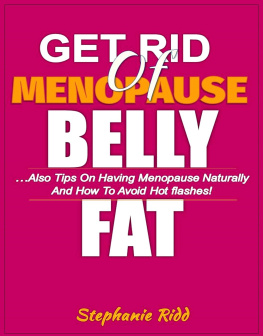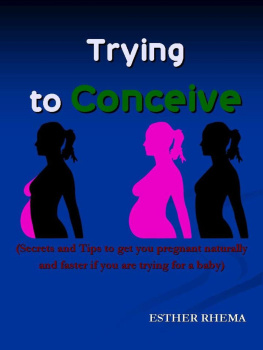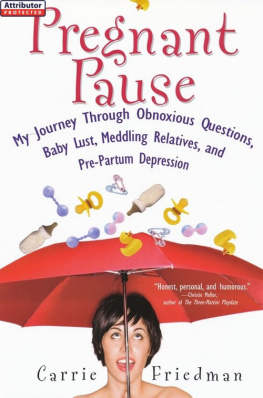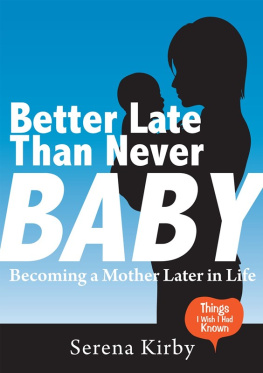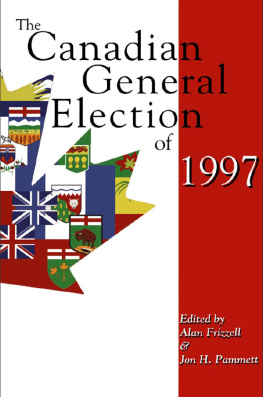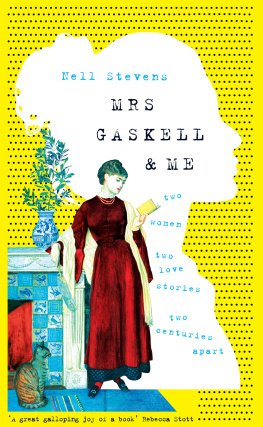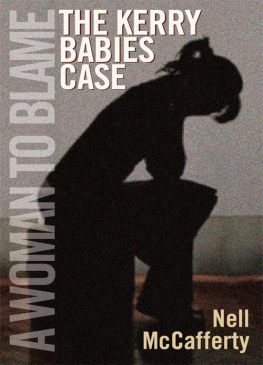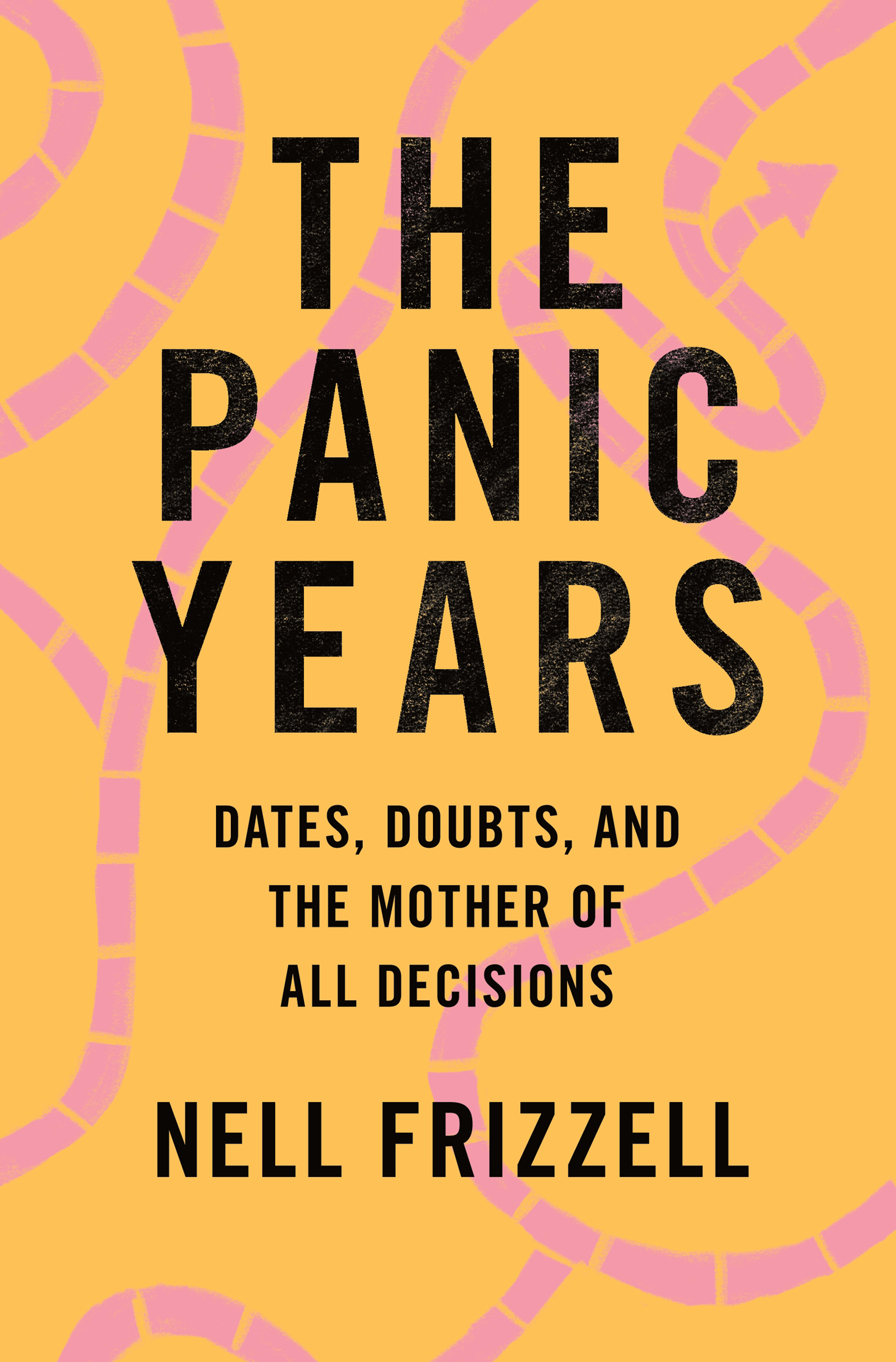The author and publisher have provided this e-book to you for your personal use only. You may not make this e-book publicly available in any way. Copyright infringement is against the law. If you believe the copy of this e-book you are reading infringes on the authors copyright, please notify the publisher at: us.macmillanusa.com/piracy.
I woke up on the morning of my twenty-eighth birthday alone, in a single bed, in my mothers spare room and remembered that my boyfriend of six years was no longer my boyfriend. As I lay there, pinned to the bed by the weight of my own heart, I realized that for the first time in a long time, I was alone: unfamiliar, unsure, and untethered.
The morning of my thirtieth birthday, I woke up in bed with my best friend. She was five months pregnant, had a mortgage, and was engaged. I was single, childless, and soon to be laid off. Looking across at her, the bright December sunshine screaming through the window like a fire alarm, it felt like I was standing on a station platform, watching my friend pull out of view.
The morning of my thirty-third birthday, I woke up in bed beside a man I love, with a two-week-old baby breathing so gently beside me that, for the 578th time in his life, I had to reach out a hand and touch his face to check that he was alive. My stomach was wet mud. My eyes were lychees of restless weeping. I hadnt slept for more than three straight hours since the last few weeks of my pregnancy, I was wearing a sanitary pad the size of a blow-up mattress, and I smelled like fermenting milk. As a pinkish dawn kissed the treetops along the River Lea, I dressed in an XL gray mens tracksuit and my boyfriends socks, slipped out of my baking one-bedroom flat, crossed the footbridge into Walthamstow Marshes, faced the sun, and howled.
In less time than it took my sister to pass her driving test, I had undergone a fundamental life change. I threw away the security of a relationship, confronted the finite nature of my fertility, acted at times with careless depravity, and took on, eventually, an entirely new identity. These changes resulted in me having a baby, but whether its ending a long-term relationship, moving to a new country, changing your career, getting married, or having a breakdown, huge things tend to happen to us during this nameless period around our late twenties, thirties, and often into our forties, and many of them are irreversible. Becoming a parent is the only decision that comes with a biological deadline, the only one that cannot be reversed: it is therefore the one decision that throws all others into such sharp focus. You can get a new job, move to a new house, make new friends, find new partners, but once youre a parent, youre a parent for life.
And yet this period has no name. Unlike childhood, adolescence, menopause, or the midlife crisis, we have no common term for the tumult of time, hormones, social pressure, and maternal hunger that smacks into many women like a train at the end of their twenties and early thirties. There is no medical term, no compound German word, nothing in Latin, Arabic, or French. Astrology may refer to the seven-year cycles of the Saturn return, but this nebulous phrase speaks little of the grit and girth, the blood and weeping, the travel and transformation that I have witnessed, both in myself and the people around me. While in the midst of it, you feel as though you are twisting through a web of impossible decisionsabout work, money, love, location, career, contraception, and commitmenteach one pulling like a thread on all the others, impossible to untangle or move through without unraveling the whole thing. In hindsight, many, if not all, of those decisions were rendered so intense by the pulsing, beating, inescapable knowledge that your fertility is finite, that you are running out of eggs, and that one day your body will no longer give you the option to have children.
These years are compelled by the eternal question: Should I have a baby, and if so, when, how, why, and with whom? That question then creeps into every area of your life. It is the rat-a-tat of the tracks beneath your feet. The bassline to everything. Whether you want to be a parent or not, as a person in your late twenties and thirties, perhaps even into your forties, the slow march of unfertilized opportunity brings an urgency to your life that no other period can quite match. You have to decide what you want, now, before your body takes the choice away from you.
That there are several words for adolescence in every major European language and not a single one for this second transformative time in a womans life speaks of two things: that language often lets us down, and that we have never really taken this period seriously. Too often, our journey out of youth, through fertility, and into a new emotional maturity is dismissed as broodiness, anxiety, or merely the ticking of the biological clock. In fact, it is a complex focal point of every pressure, contradiction, and fear faced by Western women today, from fertility and finance to love, work, and self-worth.
When I lost my relationship, my home, and my direction at twenty-eight, nobody told me that this was the start of something. Nobody had a shorthand to explain that out of so much loss would come an entirely new identity, that most of the people around me were also in flux, whether they were in relationships or not. We were all wrestling with the same questions, and many of us were also feeling hamstrung by the pressure to make big decisions: in terms of parenthood, an irrevocable decision. As I stood before the great rolling departure board of my future, I had no idea that I was doing so shoulder-to-shoulder with millions of other women on their own journey through the same maternal quandary.
It is because we havent identified this period with a name that were not prepared properly for it when it comes, and we havent developed the tools to navigate it. This is a problem if women are then made to feel that everything that happens during this time is somehow only our responsibility, ours to confront, carry, and resolve, alone. By adjusting womens bodies with contraception and allowing men to live as eternal teenagersuncertain jobs, short-term flings, adolescent hobbieswe have placed the burden of whether to try for a baby almost entirely at womens feet. We shield men from the reality of fertility, family, and female desire, because we have been conditioned to consider them uninteresting or unattractive. Throughout my twenties and into my thirties, I tried desperately to appear casual and carefree, believing that any hint at my true, complicated desiresin my case, for love, commitment, independence, a successful career, and ultimately a baby toowould render me single forever. I silenced myself, because I thought it made me more attractive. I tucked my weaknesses, my wants, and my womb out of sight.
I spoke to my friends, of course, but not always with total honesty, which meant that they, also, didnt truly open up to me. By putting on a brave face and acting as if we were in control, we all somehow missed the fact that we were on the same train. Without the common shorthand of language and labels to communicate our experience, we became fragmented, uncertain, anxious, and embarrassed. Well, no more. I am here to crack my neck, unhook my bra, and give this thing a name.


